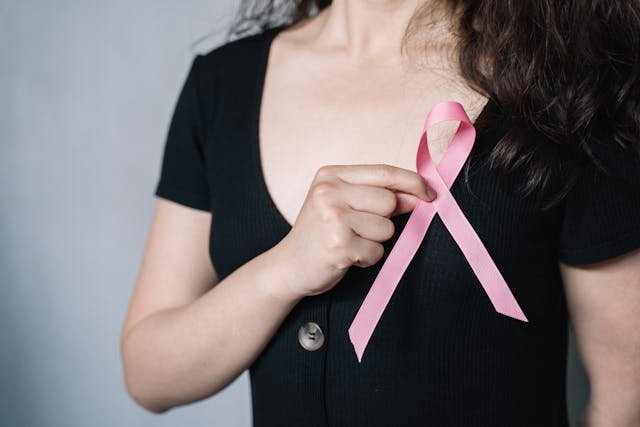Amid a challenging winter for respiratory viruses, a growing number of hospitalized patients are testing positive for combinations of COVID-19, flu, and RSV simultaneously. The symptoms of these dual infections closely mirror those of a single illness, causing a bad cough, fever, aches, exhaustion, and breathing difficulties for some individuals.
Co-Infections and Sequential Infections
Some patients experience a double whammy, contracting two respiratory viruses simultaneously, while others are hit almost immediately with a second infection after recovering from the first. Co-infections, where individuals test positive for two infections at once, occur in less than 5% of hospitalized cases.
Winter Respiratory Virus Season Trends
The winter season is witnessing a surge in cases of flu, COVID-19, and RSV, with a concurrent rise in norovirus cases. Experts recommend immunocompromised individuals take precautions to avoid illness, emphasizing the importance of vaccinations for everyone eligible.
New Normal in Respiratory Season
With COVID-19 resembling the flu in its seasonal behavior, experts suggest we are settling into a new normal pattern for winter respiratory seasons. Despite a tripledemic—COVID-19, flu, and RSV circulating simultaneously—hospitalizations for COVID-19 this winter remain lower than at the pandemic's outset.
Seeking Medical Help and Latest Variant Update
When to Seek Medical Assistance
Individuals experiencing persistent symptoms, difficulty eating or drinking, recurrent fever, breathing issues, or belonging to high-risk groups (over 65 or with underlying medical conditions) are urged to seek medical help promptly. Medications like Tamiflu or Paxlovid may be available to alleviate symptoms.
JN.1 Variant and Vaccination
The latest COVID-19 variant, JN.1, a descendant of omicron, is now dominant globally. There's no evidence that JN.1 causes more severe illnesses, and existing vaccines, according to Dr. Michelle Barron, remain effective. CDC data shows JN.1 accounts for 83 to 88% of U.S. cases.
Stay Home or See a Doctor?
Sick individuals, particularly those in high-risk groups, should contact their doctors. Anyone facing breathing difficulties or dehydration should seek immediate medical attention. Barron emphasizes that the severity of COVID-19 has diminished significantly due to widespread vaccinations and increased immunity.


